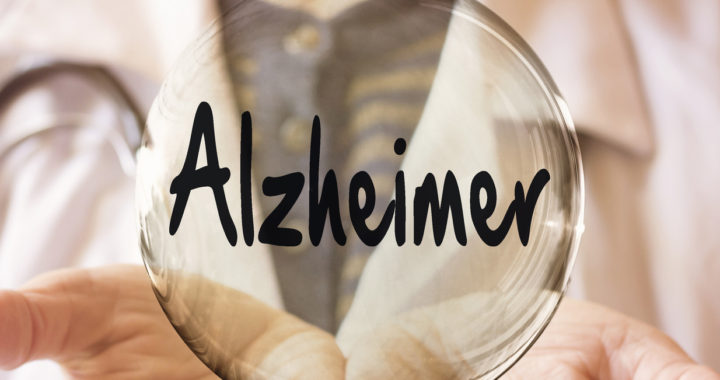Written by: Laura Sutherland & Sara Wuillermin
What Is Early Onset Alzheimer’s Disease?
Early onset Alzheimer’s disease is a form of dementia that affects people in their 30s through early 60s. While most individuals with Alzheimer’s disease are diagnosed with late onset Alzheimer’s (65 years of age and older) the number of cases of early onset Alzheimer’s disease is increasing. It is estimated by some researchers that at least 10% of Alzheimer’s cases are early onset, which equates to approximately 500,000 individuals.
What Are the Symptoms of Early Onset Alzheimer’s Disease?
Alzheimer’s disease impacts the brain in many ways beyond forgetfulness and the inability to recognize people. Some of the first indicators of early onset Alzheimer’s disease can be a progression of changes that may include:
- Emotional Responses: Increased anger or irritation, emotional outbursts, sadness, tearfulness
- Social Behavior: Withdrawing from friends, family, activities; increased dependence on others
- Financial decision-making: Difficulties managing money, paying bills, writing checks, using credit cards
- Transportation/Navigational Abilities: Getting lost; issues with driving or public transportation; wandering
- Job and Home Responsibilities: Difficulties with job performance; inability to complete tasks such as feeding pets, cooking, household chores
- Personal Care: Struggling to maintain personal hygiene and dressing; changes in eating habits
- Memory: Forgetfulness, repeating questions, misplacing objects, missing appointments
- Communication: Difficulty finding appropriate words, inability to follow conversation, losing train of thought
What to Do If I Think Someone I Love, or Myself, Might Have Early Onset Alzheimer’s?
If you, or a loved one, are consistently experiencing any of the above symptoms, schedule a comprehensive medical evaluation with your primary care physician and possibly a neurologist or other specialist.
In preparing for your appointment, make sure to:
- Review Preparing for the Doctor’s Appointment
- Complete the Checklist of Common Symptoms/Changes of Early Onset Alzheimer’s Disease
- Complete the Personal Medication Record
- Complete the Health History Record
Please take your time and be thorough and honest about all symptoms, medications, and health history. Accurate recording of symptoms/changes will help you or your loved one’s medical and care teams determine the best possible treatment, programs, and services to meet the needs throughout the course of the disease.
How Do You Diagnose Early Onset Alzheimer’s?
Obtaining a diagnosis of early onset Alzheimer’s disease can be difficult. Due to a person’s young age and healthy appearance, physicians will often first explore other potential causes for the described symptoms. Early stage evaluations might point to stress, depression, menopause, B-12 deficiency, or other illnesses. It is not uncommon for someone to see 2 to 3 doctors before receiving an accurate diagnosis. Due to these difficulties, individuals with early onset Alzheimer’s may not necessarily be in the early stages of the disease when they receive the diagnosis.
We understand the anxiety, fear, and stress associated with going to the doctor and wondering what they will diagnose. To help alleviate some of the unknown, we have provided a list of common Diagnostic Tests for Early Onset Alzheimer’s that might be used/ordered during your visit. Please note that doctors may not utilize all these tools or may order additional tests that are not listed.
Our Beliefs and Resources for Early Onset Alzheimer’s Disease
The Gayle Wells Foundation for Early Onset Alzheimer’s & Care believes each person with early onset Alzheimer’s disease is a unique individual and should be treated as such. We believe in the importance of understanding a person’s history so that we can provide person-centered care. This is crucial in allowing the person to maintain their identity throughout the disease process. We also understand the sacrifice care partners make when they step into the unknown world of caring for a loved one with early onset Alzheimer’s disease. We believe that all care partners should have access to one-on-one education and training on a continual basis as they navigate the different aspects of this disease.
We provide care consultations, support groups, one-on-one education & training for those with the disease, their care partners, children, family, and friends. Please fill out the Contact Us form with your information and we will respond to you within 24 hours. Our services are at no cost and we will walk this journey with you and provide consistent support and reassurance.

